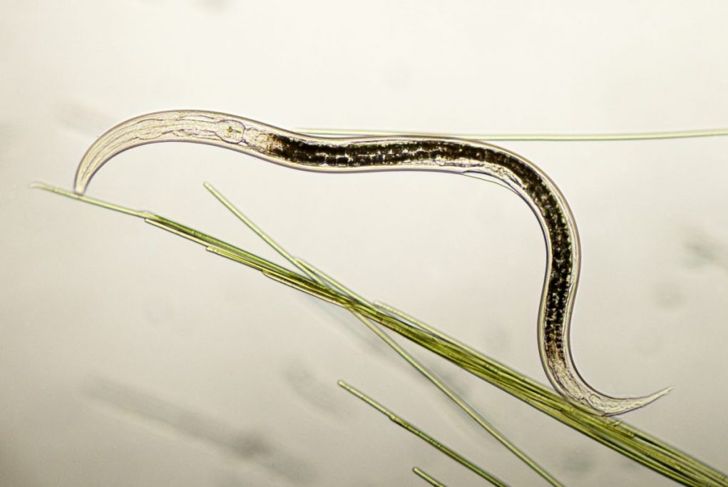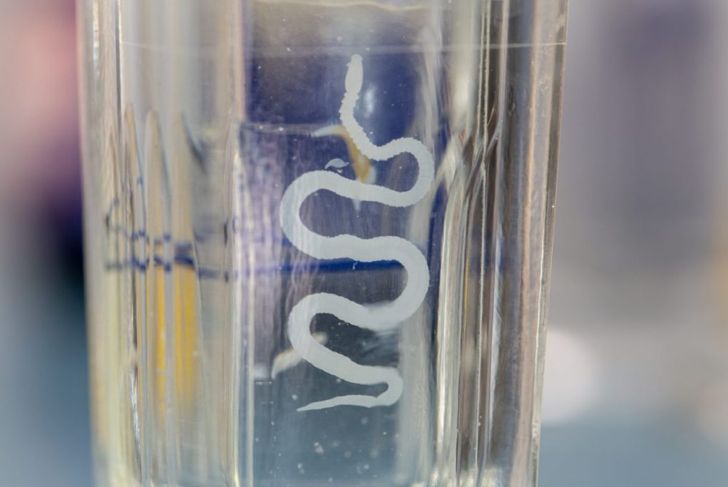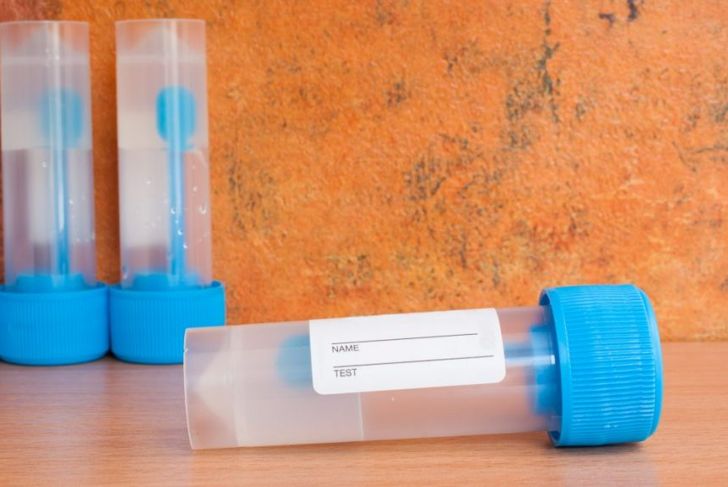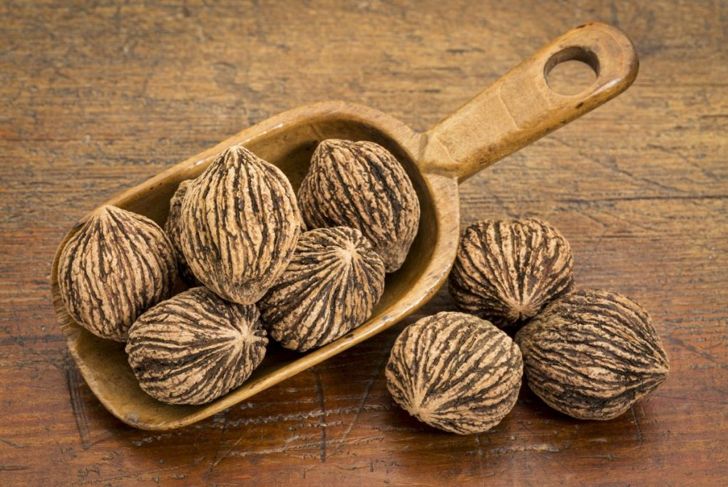Finding worms in poop is surprisingly common. Hundreds of types of worms, called helminths, can inhabit the human gut. Intestinal worm infections are most common in people who lack access to water treatment facilities and proper food sanitation. Improper sewage disposal is another factor for parasitic worm infections. Drinking or eating contaminated food and water can lead to ingestion of worms and their larvae. In America, about one in three people have intestinal worms.
Worms Are Everywhere
Worms live in soil, on animals, on plants and grass, and they can even contaminate water. Because worms live and lay eggs in so many places, it is common to come into contact with them. People become infected with intestinal parasites from ingesting raw or undercooked foods or drinking contaminated water. Contact with infected human or animal feces facilitates the spread of parasites.
Roundworms
Infected human or animal stool or soil transfer the roundworm or nematode. The parasites can enter through the mouth or skin. Once ingested, they can live in the intestines for years. As their name suggests, roundworms have round bodies. They are long and can range in size, and have various subspecies.
Ascariasis Roundworm
Ascaris lumbricoides is a type of nematode. It causes Ascariasis, the most frequently occurring parasitic infection. A person becomes infected when they swallow eggs from the roundworm. The fertile eggs hatch into larvae. The Ascaris lumbricoides larvae pass through the intestinal wall, infecting the mucosa. Circulation carries the larvae to the lungs where they mature. During the 10-14 days spent in the lungs, the larvae invade the alveolar walls and bronchial tree and travel into the throat. The larvae travel back into the small intestine when you swallow. Larvae reach maturity in the small intestine, where they live for one to two years.
Pinworms
Pinworms are another type of roundworm. They infect Americans more often than any other intestinal worm and are sometimes called threadworms. They are most common in children under the age of ten. Adult female pinworms lay microscopic eggs in the small folds of skin around the anus. Like Ascaris roundworms, swallowing fertile pinworm eggs causes infection. The thin, white worms can live in the intestine for up to six weeks.
Tapeworms
Humans contract tapeworms from eating raw or undercooked pork, beef, or fish. Animals contract tapeworms from the soil. Fertile tapeworm eggs course through the bloodstream to the muscle, where they form cysts. When a person ingests undercooked or raw meat from the infected animal, the eggs or larvae travel into the person’s intestines. Tapeworms are long and flat and are white or pale yellow. Tapeworms are less common in the United States but can infect Americans traveling abroad.
Hookworms
Hookworms enter your skin through dirt infected with human feces. They exist around the world. A person walking barefoot on contaminated ground may contract a hookworm infection. In July 2018 The Washington Post reported that multiple vacationers became infected with hookworms while relaxing on a South Florida beach. Hookworms can also infect household pets like dogs and cats, as well as cattle and rats.
Diagnosing Intestinal Worms
Several lab tests exist for diagnosing intestinal worms. Worms in poop can be identified through a stool sample. A tape test confirms the presence of pinworms. For this test, a tape is pressed against the perianal area and then inspected under a microscope. The test is best conducted first thing in the morning since the female worms most often lays eggs during the night.
Finding Worms in the Intestine
Endoscopy or colonoscopy can diagnose intestinal parasites when stool samples do not provide a diagnosis. A gastroenterologist conducts this exam by inserting a tube into the rectum or mouth to view the intestine. The doctor uses the video conducted through the tube to search for adult worms and larvae.
Treating Intestinal Worms
Anti-parasitic medications are usually effective in treating intestinal parasites. However, some people prefer non-prescription alternatives. Many natural remedies are believed to help rid someone of worm infections, including
Garlic
Wormwood Tea
Black Walnut
Vitamin C and Vitamin B
Probiotics and yogurt
Iron supplements
Avoiding coffee, alcohol, sugar and refined grains
Preventing Intestinal Worms
Good hygiene helps prevent the transmission of intestinal parasites. Some adult worms, like hookworms, can enter through the bottom of your foot, so it is best to wear shoes when walking outside or anywhere that be contaminated with feces, such as a backyard used by pets. Ideally, pets should be tested regularly for parasites to ensure they cannot transmit them to their owner. Anti-parasitic medications can help rid your pet of worms if they are infected. Eat only properly stored and well-cooked pork, beef, and fish. Always wash fruits and vegetables to avoid ingesting eggs, and thoroughly wash your hands and face as soon as possible after gardening or yard work.

 Home
Home Health
Health Diet & Nutrition
Diet & Nutrition Living Well
Living Well More
More




















